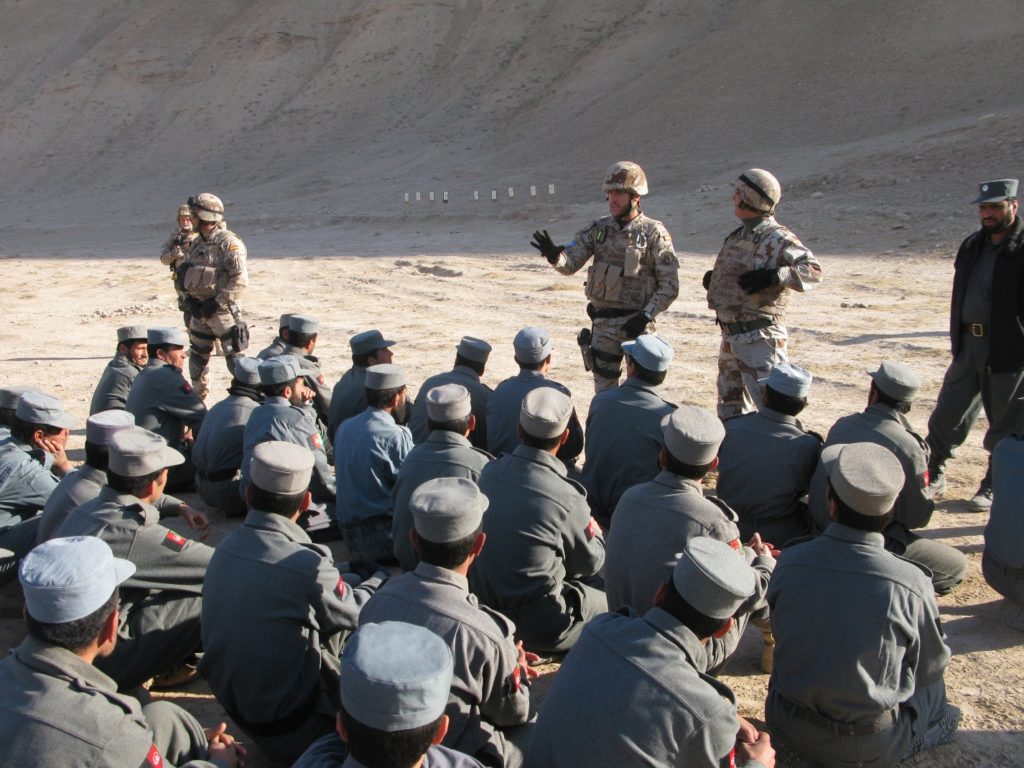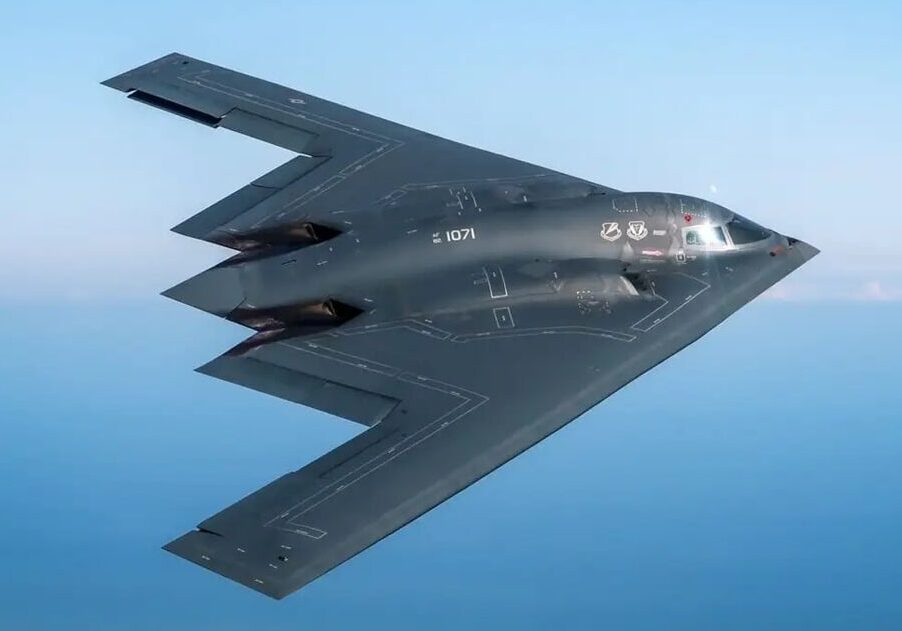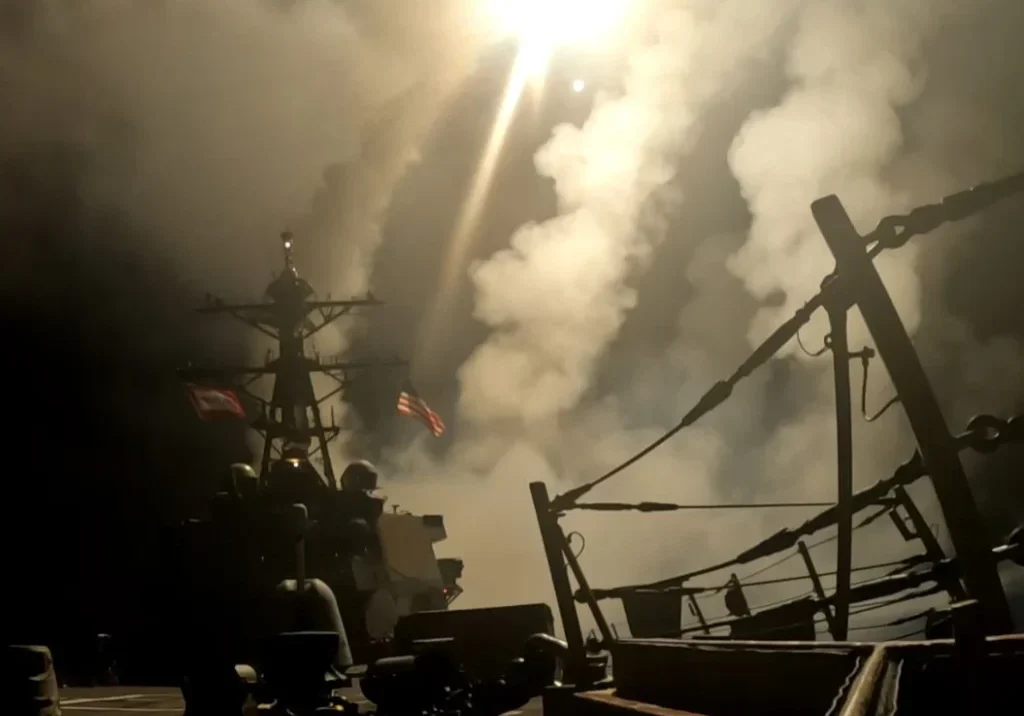Australia/Israel Review
Afghanistan didn’t have to end this way
Aug 25, 2021 | Paul Miller

As Afghanistan collapsed, there was no shortage of explanations, justifications and outright myths taking root, some encouraged by the Biden Administration. Among the most common: This was inevitable; the US presence was unsustainable; the Administration was boxed in by the 2020 peace deal with the Taliban; if the US had repudiated the deal, the Taliban would have gone on the offensive and resumed killing US troops.
And for what? The US and its allies gave it their best for 20 years, they say, proving that the mission was effectively impossible. The rapid collapse only demonstrates that we were never going to succeed no matter how long we stayed. We achieved the most important thing: Osama bin Laden is dead. The Afghans have to run their own country. We cannot stay there forever, and we can keep an eye on al-Qaeda from afar to make sure they do not threaten us.
On the surface, these explanations make a compelling case. It is also a comforting case, because it washes our hands of responsibility for what is about to happen. As Afghan women fall back under the Taliban’s uniquely cruel tyranny, as the Hazara and Shi’ites flee the Taliban’s near-genocidal oppression of religious dissidents – we can tell ourselves, “There’s nothing we could have done.”
Of course, none of that is true. The myths are just that: myths. The US presence in Afghanistan the last few years was tiny – just 2,500 troops before the start of the final withdrawal. It was indefinitely sustainable. There was no significant anti-war movement to speak of, there was no domestic political pressure to withdraw, and no election will hinge on US policy toward Afghanistan.
US and allied troops faced low risks in Afghanistan, and the low casualty rate was not a function of the 2020 peace deal. Just 66 US personnel have been killed in action since 2014, less than one per month for nearly seven years. That is not to make light of the loss of individual soldiers, but it is to recognise, in historical perspective, that the conflict in Afghanistan is very small and US ground troops have not been involved in direct combat in large numbers for years.
The coalition’s mission in Afghanistan accomplished some important successes. There have been no large-scale international terrorist attacks emanating from Afghanistan or Pakistan since 2001. The Afghan people broadly supported the country’s new constitution. The Afghan economy showed consistent growth. By virtually every metric of human development, Afghans are better off today than they were 20 years ago – except that many of these successes are likely to unravel with the Afghan army’s collapse.
The rapid collapse of the Afghan army was not inevitable and is not a sign that the mission was always doomed, nor that we never would have succeeded. We had been making slow, fitful progress building a new Afghan security force from scratch. In 2021, it was better than it had been in 2001 – because in 2001 it did not exist. It was better than it had been in 2006 – because the Germans, British, and the UN, which had assumed responsibility for training the new army and police, wasted five years doing essentially nothing.
The US took over and cobbled together a fighting force by 2010, one that has lost tens of thousands of soldiers keeping the Taliban at bay for the past decade. The Afghan army was again better this year than previously, but the US Department of Defense truthfully reported year after year that it was not ready for fully independent operations yet.
Historians will give us the full story decades from now, but surely President Biden’s announcement of a full withdrawal – when everyone, including the US Department of Defense, knew the Afghan army wasn’t yet ready to stand independent of international assistance – had a crippling effect on the morale of Afghan troops.
Some are now sneering at the Afghan troops’ supposed lack of willpower, patriotism, or grit – but consider, if you know that your army is simply not equipped to win the battle that’s coming, why fight? It is an individually rational decision to save your life by not fighting, a decision that, when multiplied, loses a war.
It is easy to envision the counterfactual: If the United States had maintained a small presence (perhaps marginally larger than what Trump left behind), it could have kept the Afghan army in the field indefinitely, giving time and space for the political situation in Kabul to sort itself out, for a fresh round of negotiations with better leverage against the Taliban, and for reconstruction and development to continue.
Critics may complain that “we can’t stay forever.” Perhaps, but the US could have stayed long enough for the military presence to evolve, very gradually, into a near-peacetime deployment. Again, the military presence was small, low-risk, and relatively low-cost.
And we should have stayed because the mission is not over. While bin Laden is dead, al-Qaeda is not and, along with the Islamic State and a murderers’ row of copycat jihadists, is almost certain to regain safe haven in Afghanistan and Pakistan following the collapse of our allies. Our presence for the past 20 years kept jihadists on the run, in hiding, and focused on avoiding our air strikes and special forces. They now will have room to breathe, which means room to plan, recruit, train, and fundraise.
The myths about Afghanistan’s collapse – that we were actually powerless and the mission was always inevitably doomed – denies the reality of the United States’ agency. Our policymakers made specific strategic missteps that caused direct, avoidable harm, including Bush’s light footprint, Obama’s withdrawal timetable, Trump’s peace deal, and Biden’s inexplicable withdrawal, each of which made a bad situation worse.
That is why Biden’s claim that the Afghans just have to start taking responsibility for their own country was so mendacious. He was telling a drowning man to take responsibility for swimming while reeling in the life preserver the man had been clinging to. He overestimated the Afghans’ ability to fight on their own while minimising American responsibility for the crisis in the midst of which we are abandoning them – all while preaching a soothing myth that there was nothing we could have done. Many will be eager to believe him because it is much easier, emotionally and cognitively, to believe in the myth of our powerlessness than in the reality of our own stupidity and moral cowardice.






